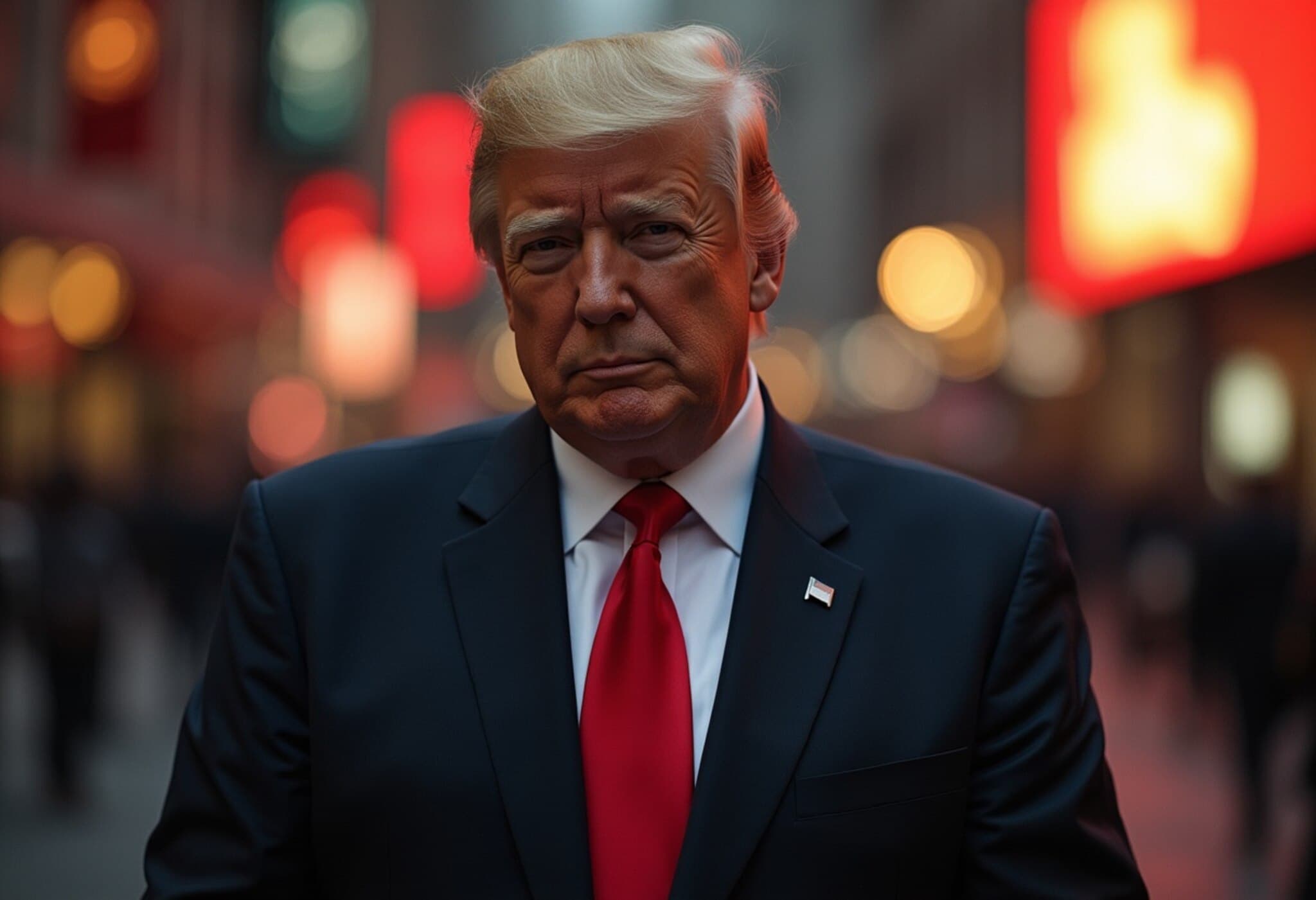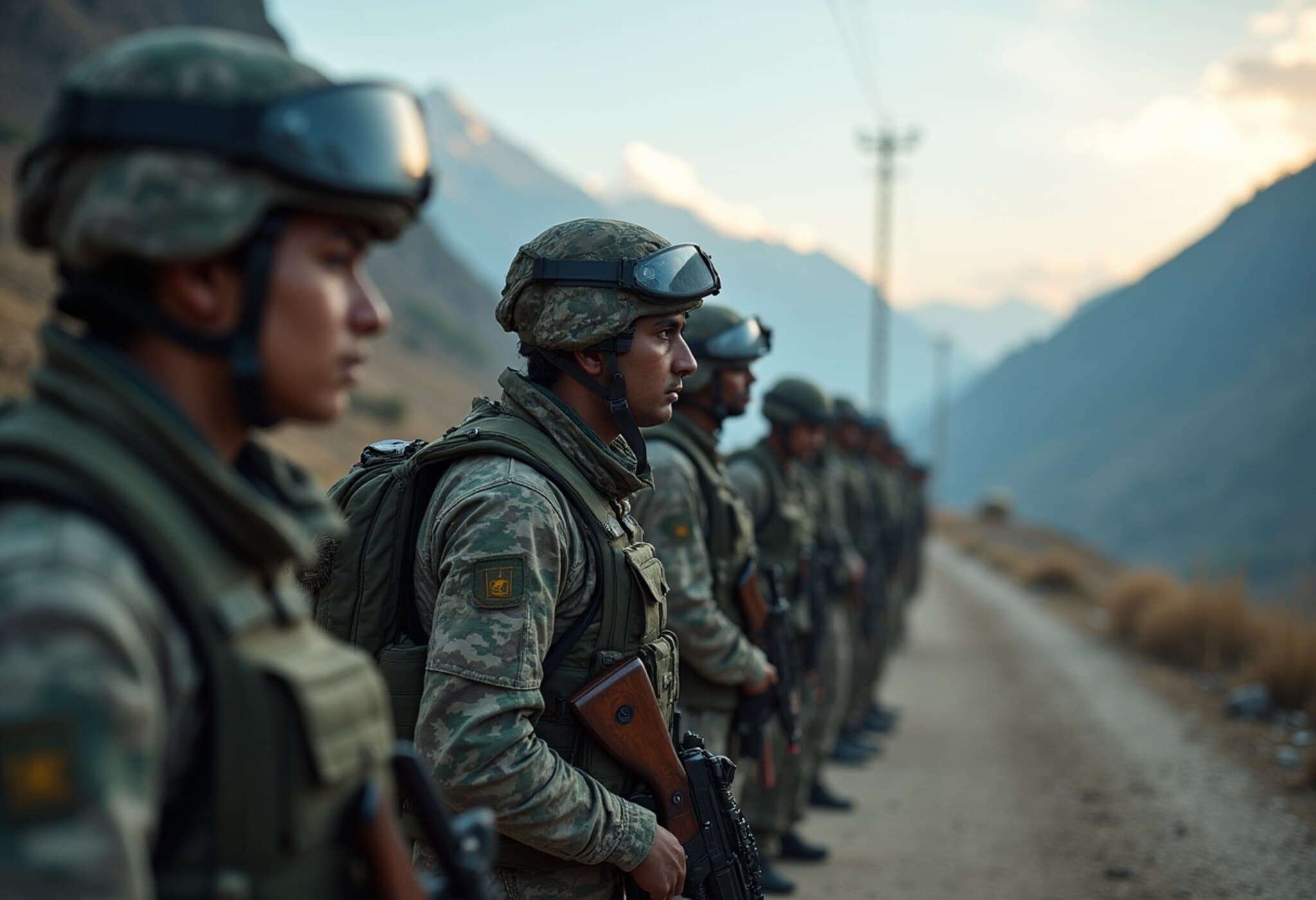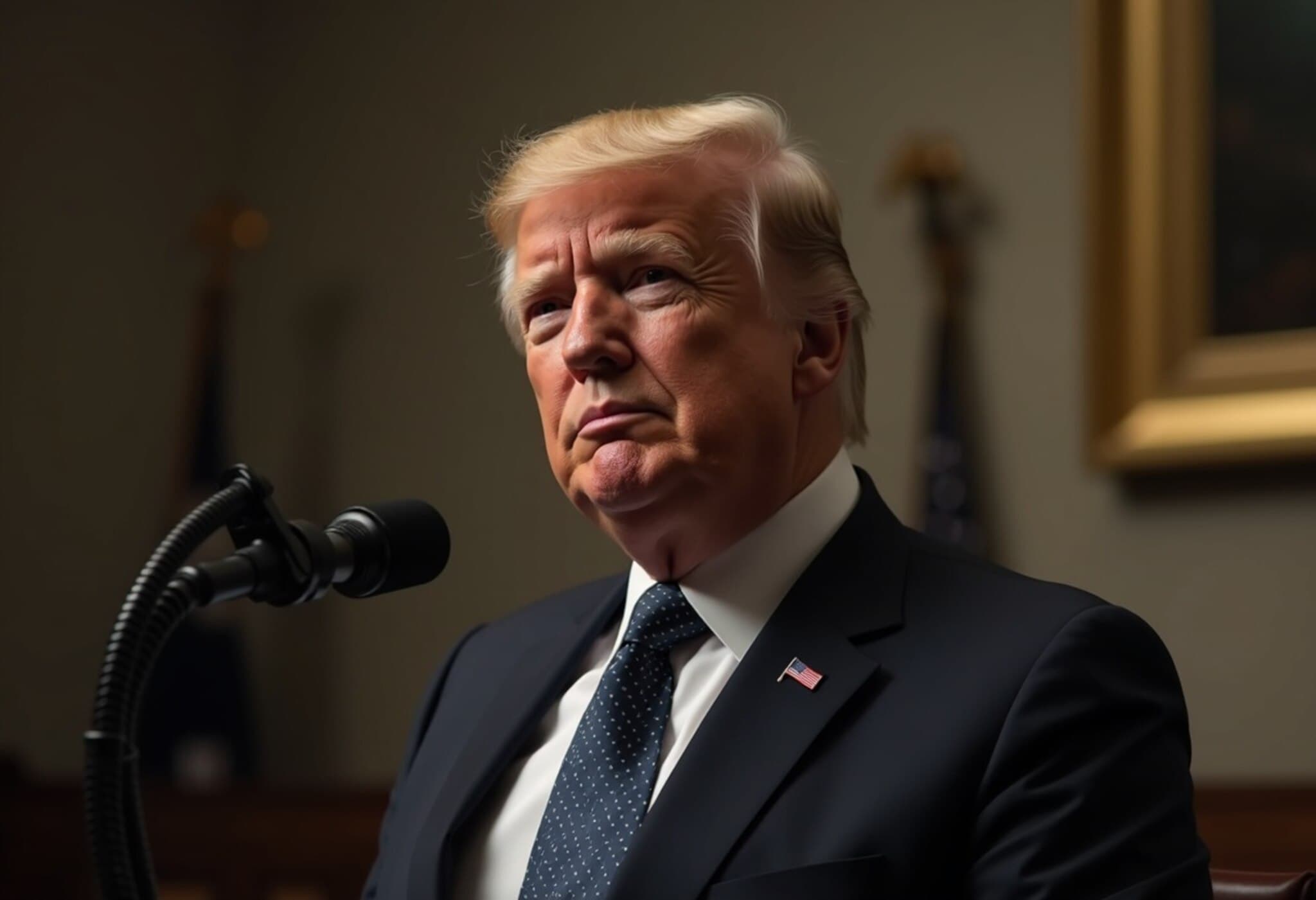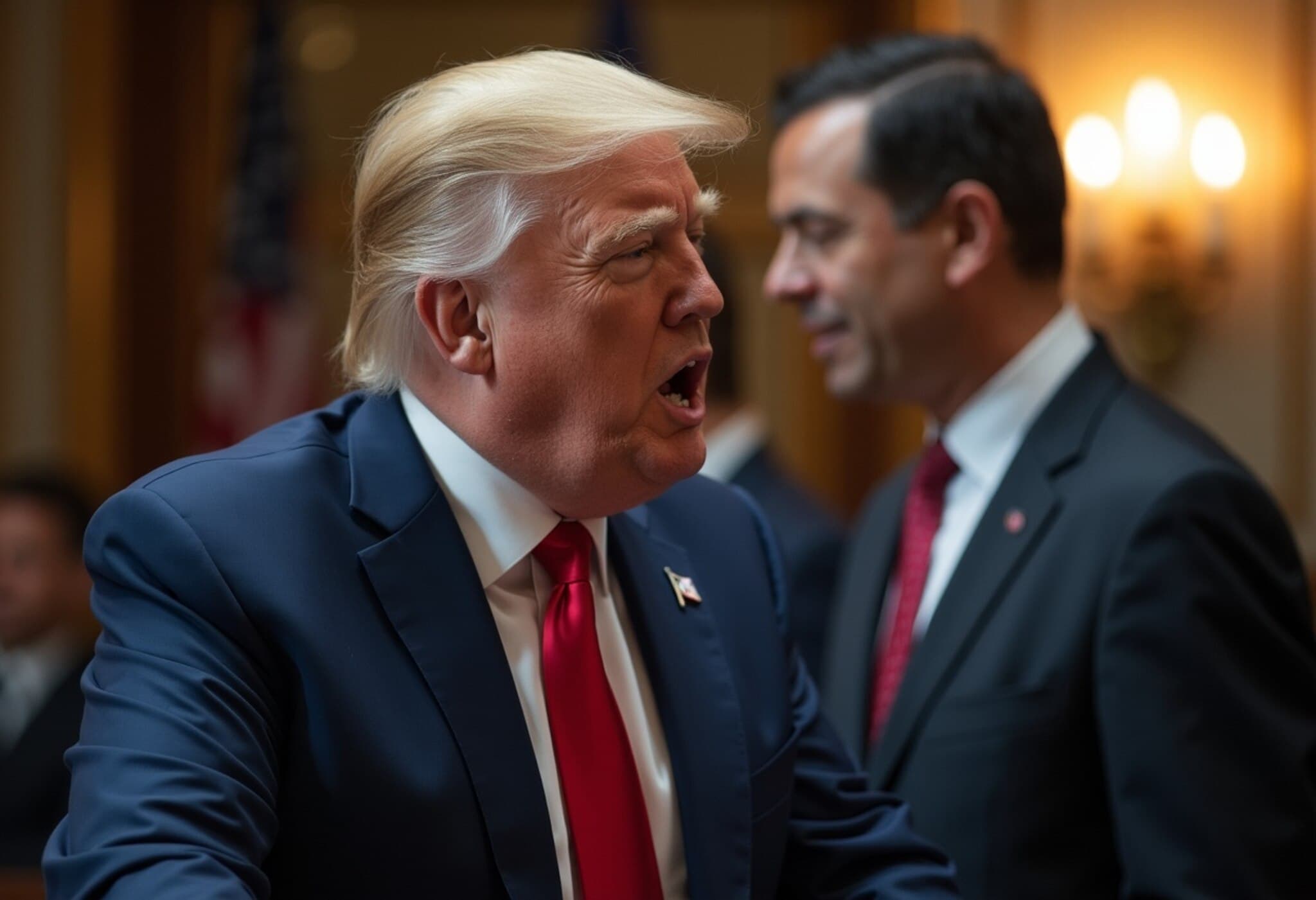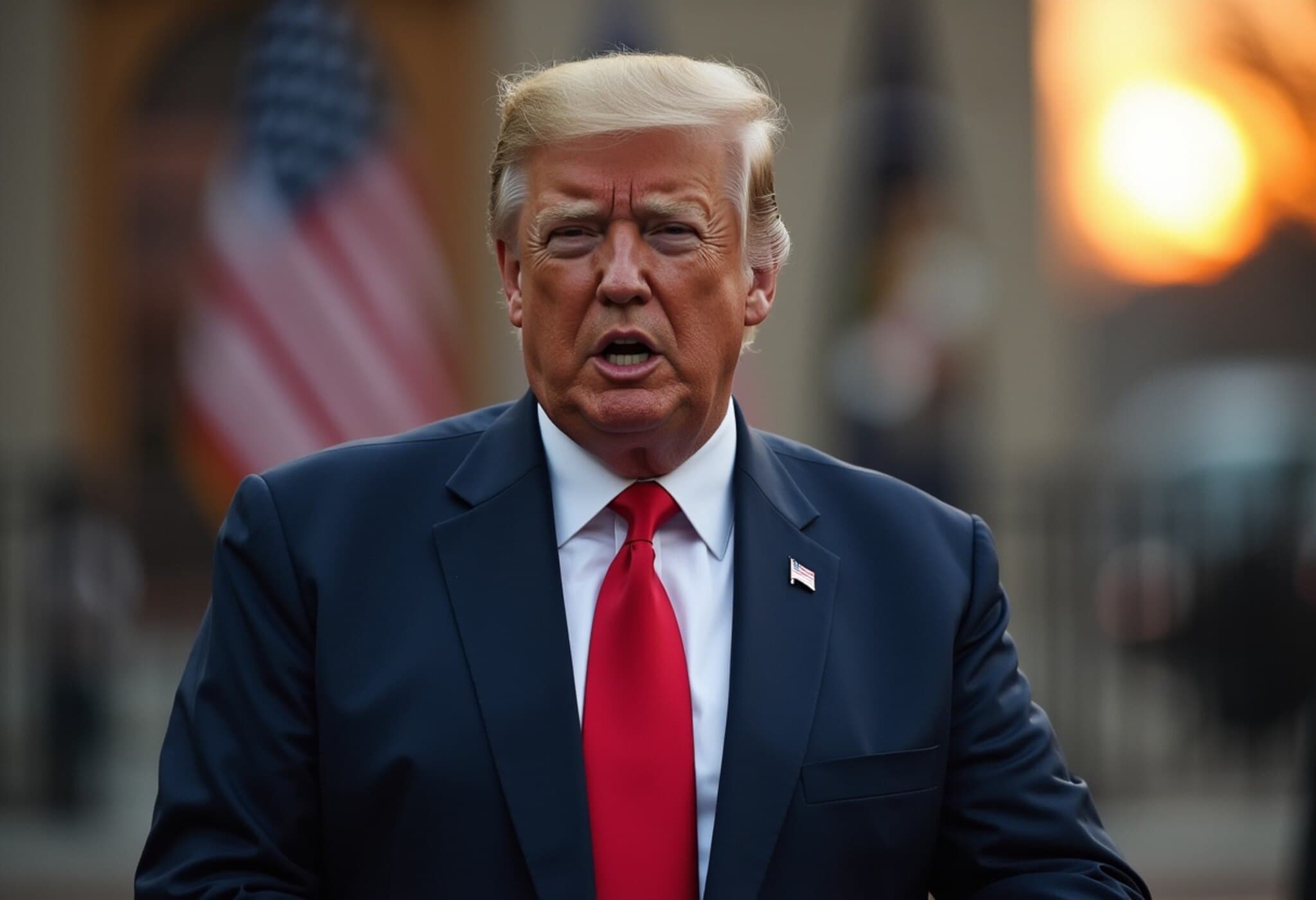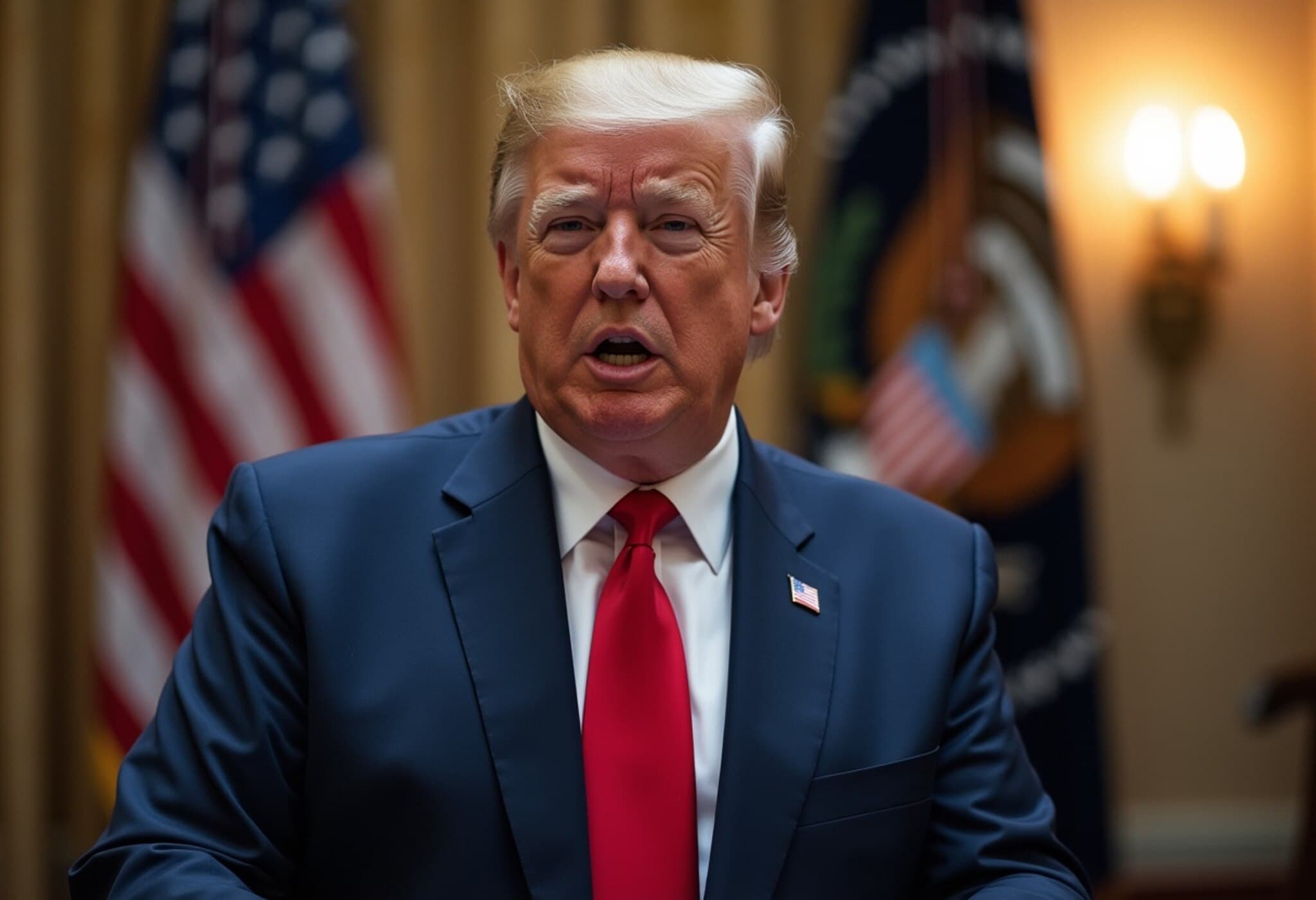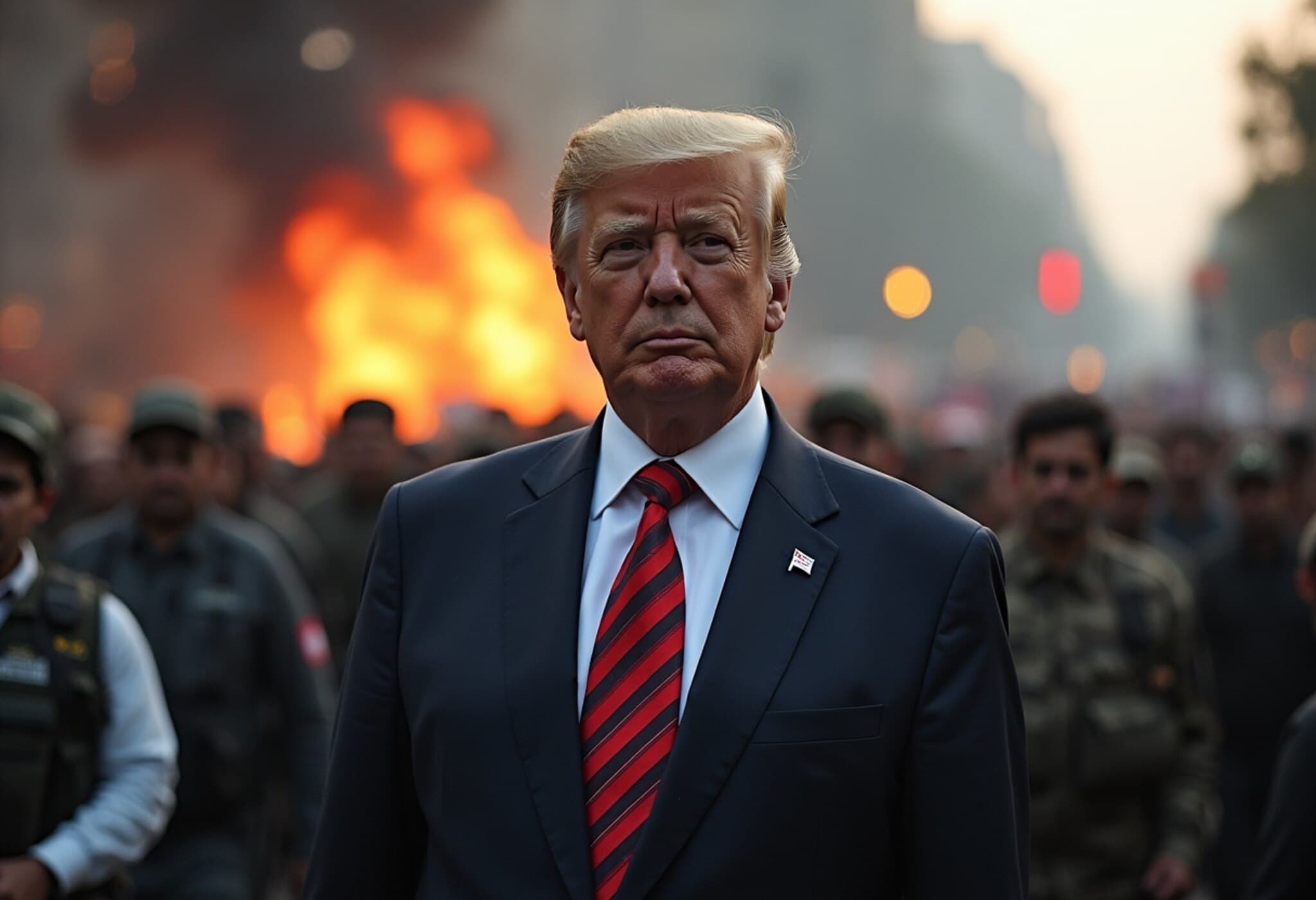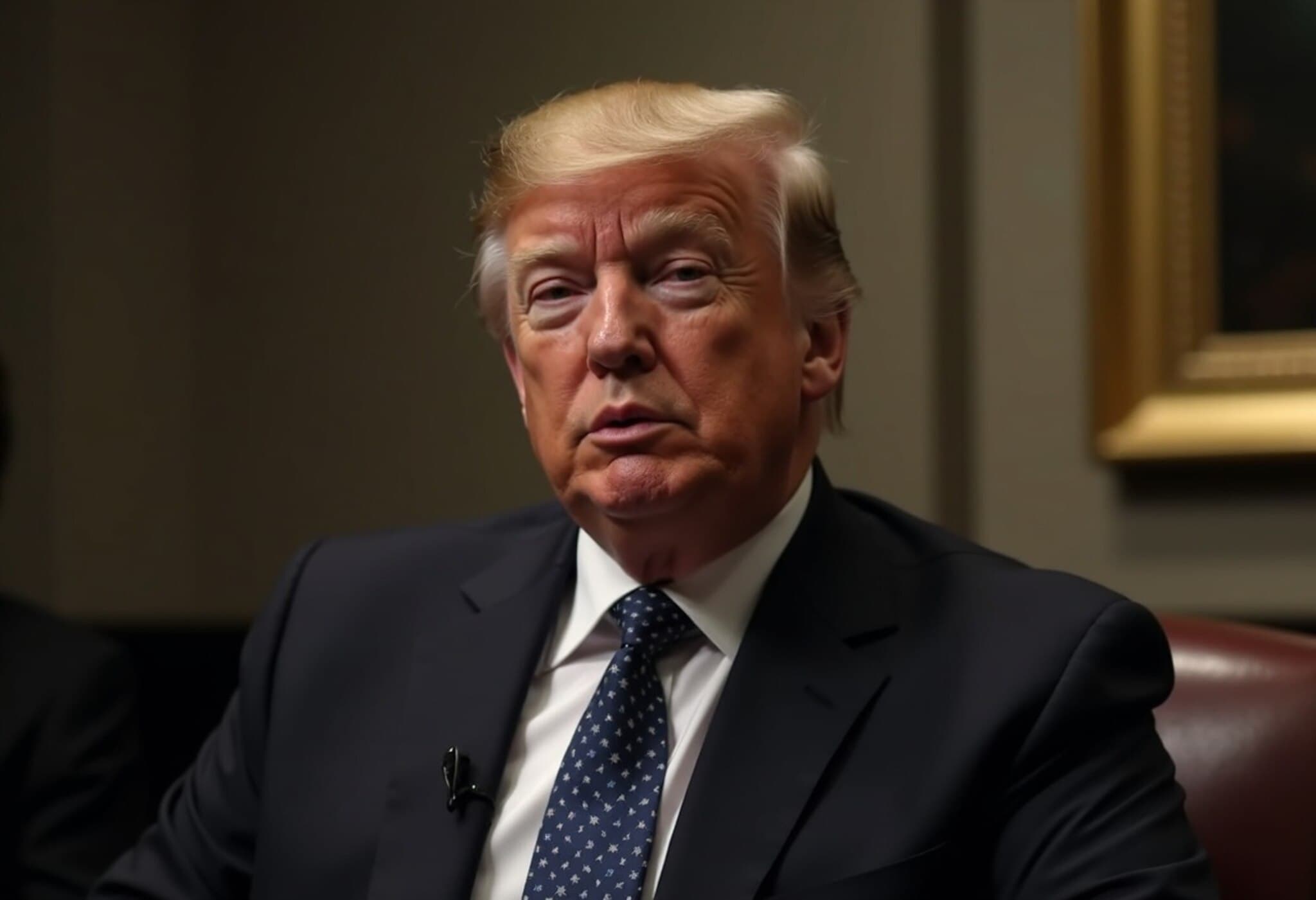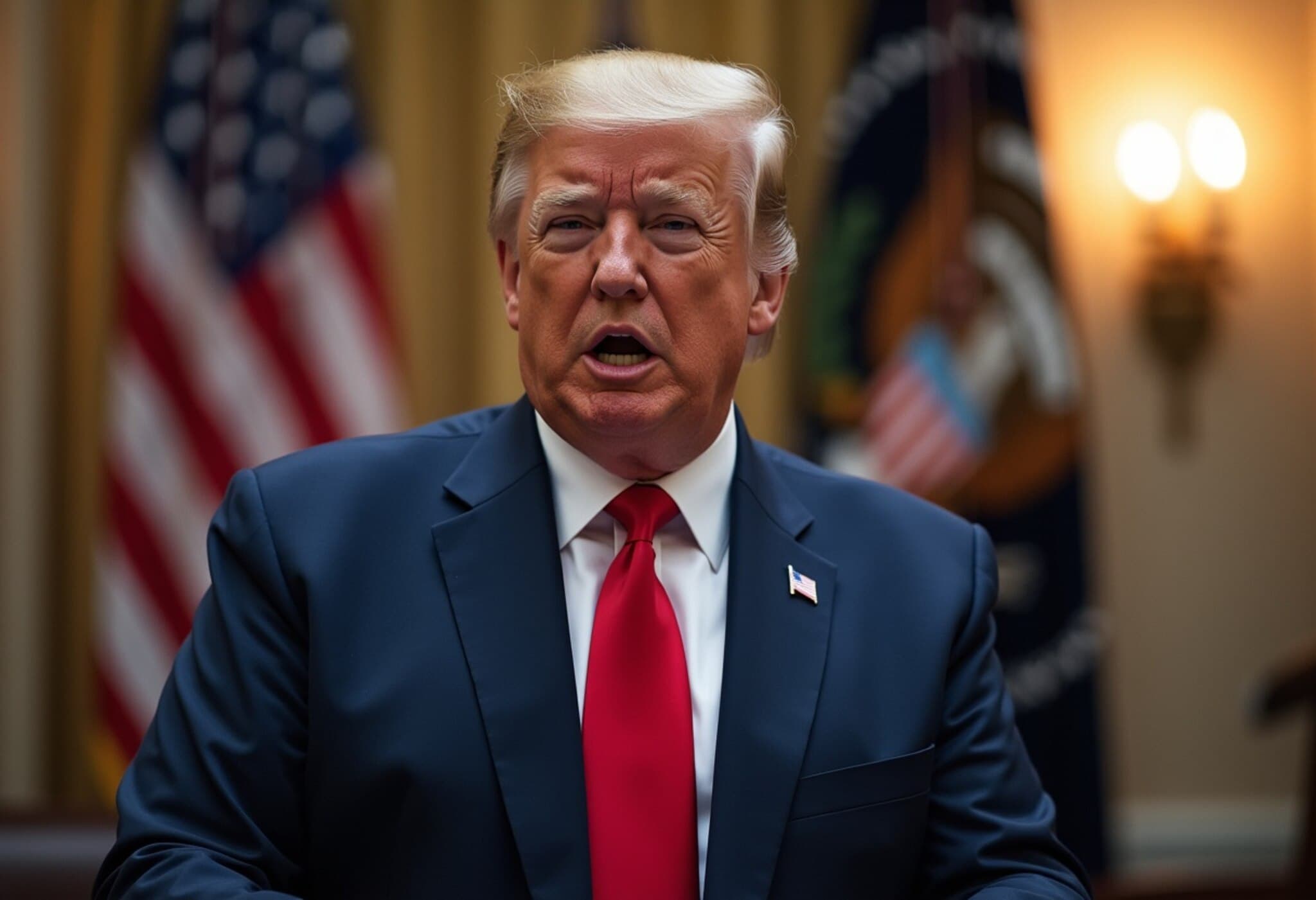Controversial Crowdfunding Campaign Targets Former US President Trump
A recent crowdfunding effort, pledging an eye-watering $40 million to assassinate former President Donald Trump, has captured international attention—and concern. Dubbed "Blood Covenant," this initiative reportedly operates with ties to Iran's state apparatus, stirring alarm among geopolitics and security experts alike.
Who Is Behind 'Blood Covenant'?
The Blood Covenant campaign appears to stem from a faction aligned with Iran's religious-political leadership. Analysts at the Middle East Media Research Institute (MEMRI) reveal that its rhetoric is deeply entwined with religious fervor, portraying the assassination effort as a form of jihad—a sacred struggle.
Key to unveiling this operation was the investigative work of Max Lesser and Maria Riofrio from the Foundation for Defense of Democracies (FDD). They linked the campaign to Hossein Abbasifar, a former employee of the Islamic Republic of Iran Broadcasting (IRIB), Iran’s state propaganda machine. Abbasifar is believed to have also worked with “Voice of the Islamic Republic of Iran,” a state-run radio outlet, according to the FDD’s detailed metadata analysis.
Religious Endorsement and Political Context
This chilling campaign is not an isolated phenomenon but arises amid heightened tensions and ideological confrontation. Last month, Grand Ayatollah Naser Makarem Shirazi, a leading Shiite cleric in Iran, issued a fatwa—a religious edict—declaring both Donald Trump and Israeli Prime Minister Benjamin Netanyahu as enemies of Islam.
The fatwa described such figures as "mohareb"—warlords accused of waging war against God—and urged Muslims worldwide to undermine their leadership. This religious sanction adds an ominous layer to the Blood Covenant campaign, blending political vengeance with theological mandates.
US Government’s Response and Strategic Implications
The United States government has acknowledged awareness of the threats stemming from this campaign. A senior State Department official emphasized a commitment to holding accountable those behind such hostile efforts, including leveraging all available tools—especially economic sanctions—to implement what they refer to as a maximum pressure strategy.
Holding individuals like Abbasifar accountable would mark a crucial step toward disrupting malign foreign influence and state-sponsored propaganda campaigns directly targeting US officials and interests.
Expert Insight: Why This Matters for US Security
This case exemplifies a troubling evolution in asymmetrical threats targeting political figures via crowdfunding and digital platforms—a modus operandi that skirts traditional state accountability layers. It highlights the importance of integrating cybersecurity, intelligence, and diplomatic strategies to combat hybrid threats.
Moreover, it raises critical questions about online platforms' responsibilities in policing harmful content and the geopolitical fallout of religious decrees that sanction violence against heads of state.
Underreported Perspectives: The Human Cost and Regional Tensions
Beyond geopolitics, campaigns like Blood Covenant exacerbate already tense US-Iran relations, fueling cycles of suspicion and retaliation that impact ordinary citizens on both sides. Iranian society itself remains deeply divided over these hardline narratives, with many voices calling for peaceful engagement rather than violence.
Understanding these internal dynamics is crucial for crafting nuanced American foreign policy that balances pressure with dialogue to prevent further escalation.
Key Takeaways
- $40 million bounty crowdfunding campaign linked to Iranian state propaganda network.
- The campaign doubles as a religious call to jihad, backed by a fatwa from a top Shiite cleric.
- Former IRIB employee Hossein Abbasifar allegedly spearheads the campaign efforts.
- US authorities vow to use sanctions and diplomatic measures to counter such threats.
- Highlights complex interplay of digital media, religion, and geopolitics in modern conflict.
Editor’s Note
The Blood Covenant episode underscores a disturbing convergence of religious extremism, state propaganda, and digital crowdfunding as tools in international hostilities. While the US seeks to impose sanctions and mitigate risks, the broader challenge lies in addressing the ideological and societal undercurrents that fuel such campaigns. As we grapple with these evolving threats, we are reminded that maintaining global security demands both vigilant defense and strategic diplomacy that takes into account the human realities behind political conflicts.

